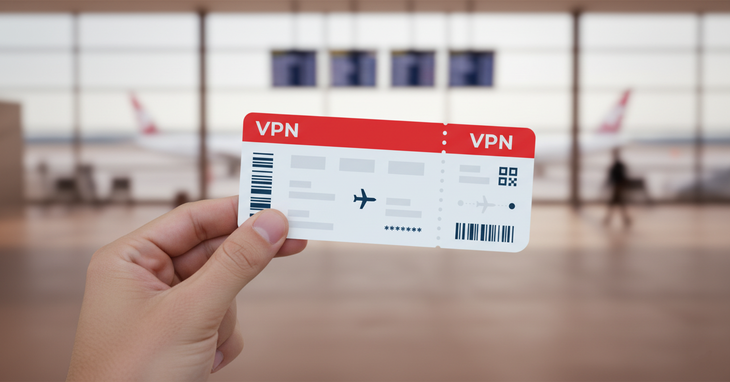
VPN as a ticket to help you 'fly' to other countries
In the era of borderless Internet expansion, the need to protect personal information and access diverse content sources is growing, VPN (Virtual Private Network) is becoming a familiar tool for ordinary Internet users.
Not only does it provide secure connections, it also offers the ability to change online locations flexibly, opening up many new ways of use in everyday life.
VPN: The User's 'Virtual Flight'
Imagine you are sitting in Ho Chi Minh City but with just a few clicks, websites “see” you are in Tokyo, New York or Paris. That is how VPN works.
This tool creates an encrypted “tunnel” that routes all of your traffic through an intermediary server in the selected country. Once you connect, your real IP address is masked and replaced with the server’s IP address. This makes any online service think you’re accessing from that country, even if you haven’t actually left your seat.
This mechanism is like a virtual flight, helping users “take off” to another online location in just a few seconds. No visa, no luggage, you can still “land” in the US to watch content only for this region, or go to Japan to access platforms restricted in Vietnam.
Besides the ability to 'shift' location, VPN also helps to increase data protection when surfing the web, especially on public WiFi networks.
Encrypting transmissions helps reduce the risk of being tracked or having personal information stolen, but users still need to choose a reputable service and combine other security measures to ensure real safety.
From internal tools to universal habits
Initially, VPNs were developed to serve the need for secure connections in corporate environments. Around the late 1990s, when remote work began to become popular in large corporations, VPNs became a solution to help employees access internal systems remotely while still ensuring security as if they were sitting in the office. This technology at that time was complicated, required high technical skills and was mostly managed by specialized IT departments.
As the Internet exploded globally and the need for flexible working increased, VPNs began to move beyond the corporate sphere. Commercial service providers began to develop easy-to-use applications that allowed users to connect with just one click.
At the same time, online entertainment platforms increasingly segment content by country, causing individual users to turn to VPNs as a simple way to “get around the fence.”
According to the Global VPN Usage Report 2020, conducted by GWI in collaboration with Top10VPN, about 31% of global Internet users have used a VPN.
In Vietnam, this trend is also spreading, especially among young people and freelancers, as the need to access international information is growing.
How to use it properly and legally
VPNs offer many benefits, but that doesn't mean users can use them arbitrarily without regard to legal regulations or security risks.
In many countries, using a VPN to access geo-restricted content is legal, but certain practices, such as hiding your identity to perform illegal activities or bypassing services with clear terms, can lead to legal consequences.
In Vietnam, the law does not prohibit the use of VPNs. However, users still need to comply with current regulations on cybersecurity and intellectual property. VPNs are not a “cloak of invisibility” that protects you from legal liability.
Cybersecurity experts also recommend choosing a reputable provider with a clear no-log policy, avoiding unverified free VPN applications because of the risk of reverse data collection.
Additionally, users should be cautious when logging into personal accounts via public VPNs, as some services may block or temporarily suspend accounts if they detect logins from unusual locations. Keeping the VPN turned on all the time can also affect connection speeds if the server is too far from the actual location.
Understanding the purpose of use, choosing the right service and complying with the law will help VPNs become a tool to expand the digital space safely, instead of potentially risky. In a world of borderless connectivity, VPNs can be a “flight ticket” that helps users freely explore the global network, as long as the journey is always on the right path.
Source: https://tuoitre.vn/vpn-la-gi-ma-co-the-giup-ban-dich-chuyen-sang-mot-quoc-gia-khac-20251016155238085.htm



![[Photo] Cat Ba - Green island paradise](/_next/image?url=https%3A%2F%2Fvphoto.vietnam.vn%2Fthumb%2F1200x675%2Fvietnam%2Fresource%2FIMAGE%2F2025%2F12%2F04%2F1764821844074_ndo_br_1-dcbthienduongxanh638-jpg.webp&w=3840&q=75)






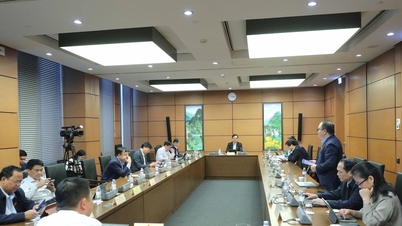



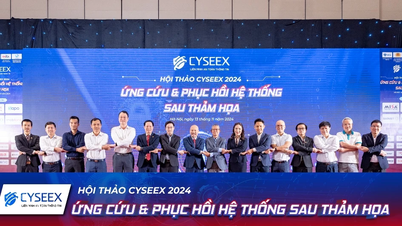

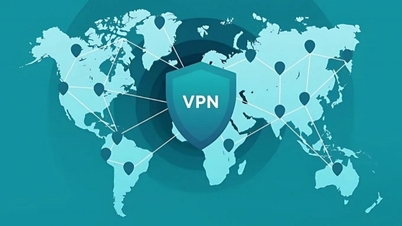







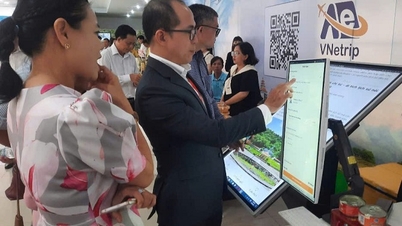
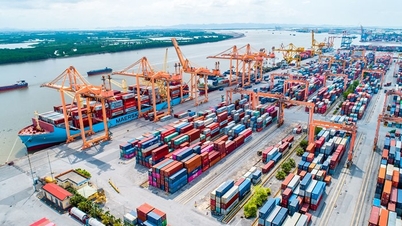













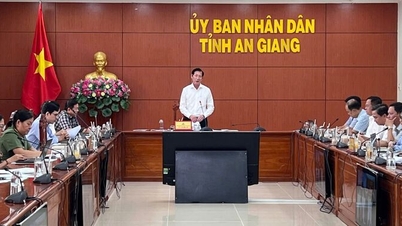



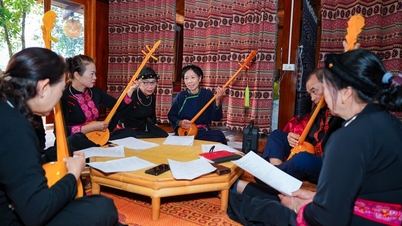



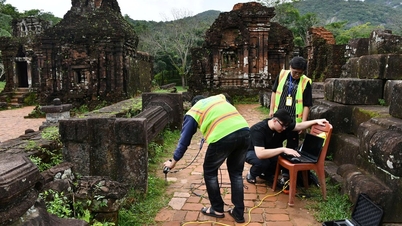



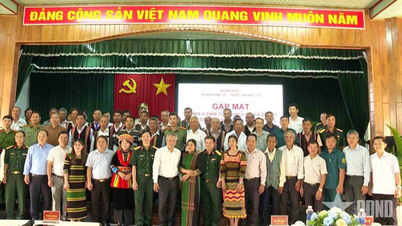







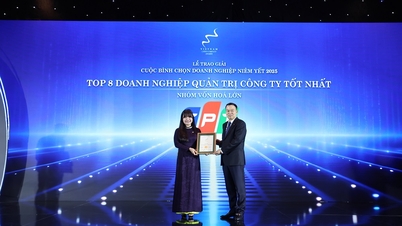

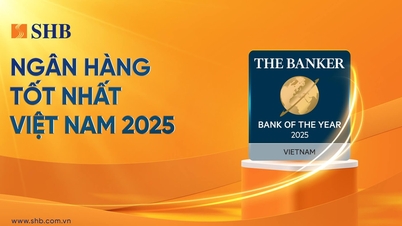
![[VIMC 40 days of lightning speed] Da Nang Port: Unity - Lightning speed - Breakthrough to the finish line](https://vphoto.vietnam.vn/thumb/402x226/vietnam/resource/IMAGE/2025/12/04/1764833540882_cdn_4-12-25.jpeg)
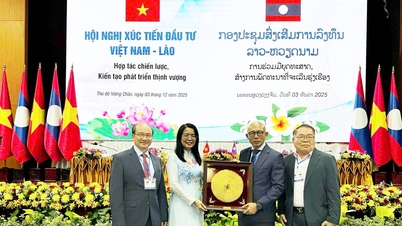
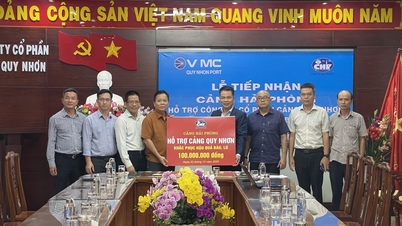









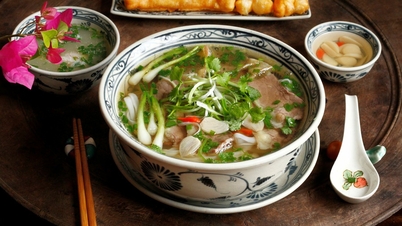

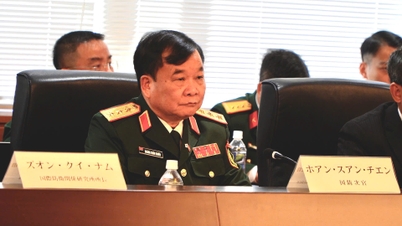

















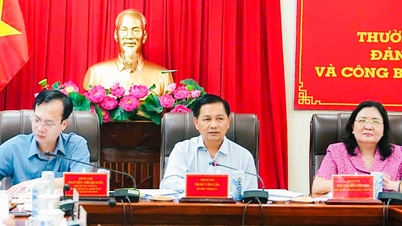












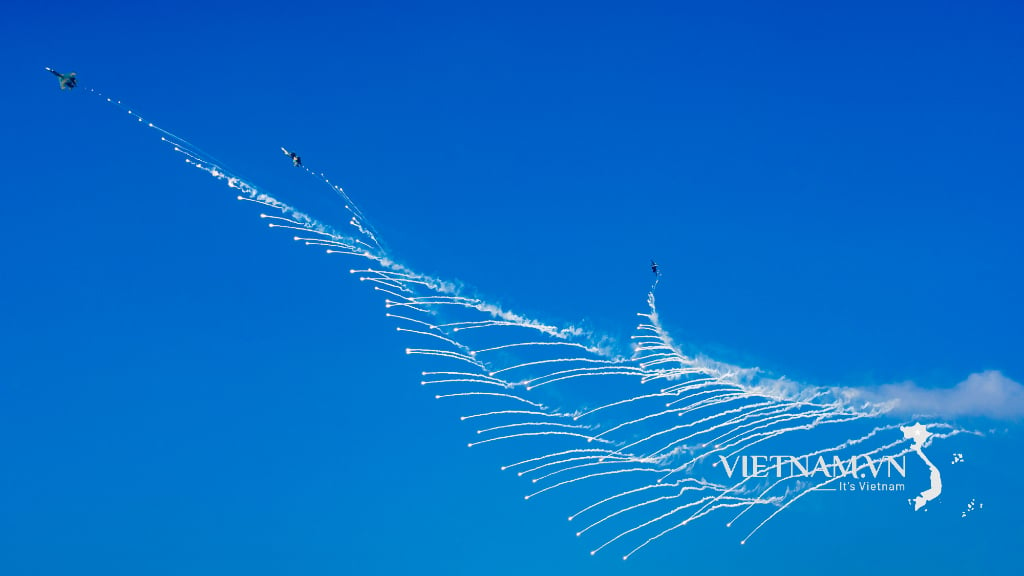


Comment (0)